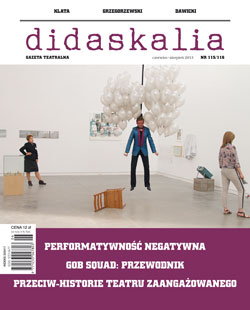Venezianische Baugeschichte von Nauplia 1686-1715
Author(s): Alexander Zäh / Language(s): German
/ Issue: 68/2009
The late Dr.-Ing. Wulf Schaefer, a German architect from Allenstein (Eastern-Prussia)
has been working since 1934 on a general building history of Nauplia (Nafplion), which
has been serving in later times as the flourishing capital of the new Venetian province of
the Morea (Peloponnese), conquered under Francesco Morosini until 1690. Schaefer’s
lifelong endeavour for the publication of his unpublished ph.d. Thesis (Technical
University Danzig 1936; of the final expanded typewritten draft version of 1944, only
6 “war” copies existed) under the auspices of the famous architectural historian and
archaeologist Professor Fritz Krischen, named “Nauplia’s architectural history from the
earliest times until 1715” was, for some reasons, unsuccessful. Although Schaefer’s work
on his final manuscript (thematically expanded “until the 19th century“) continued and
was nearly completed in the 1960s, as announced in AA 1961, the project hampered,
and was never was realized. Schaefer at one point definitively “called it quits,” because
he wanted to carry out new, but never realized, excavations on the Akronauplia in the
1970s, leaving behind an unpublished manuscript and a rich scientific estate. This paper
is benefiting from Schaefer’s preliminary studies and his estate and presents the first
attempt to outline a complete building history of the short, but important and highly
ambitious, second Venetian occupation of Nauplia, which, although lasting only from
1686-1715, changed the silhouette and face of the city from the bottom up. Valuable
materials of the Schaefer estate, which are kept at the German Archaeological Institute
in Athens, and from the archives of Venice, were analytically combined and could be
used for this study. The paper presents, for the first time, a completed city plan, based
on Schaefer’s preliminary studies and his few and marginal publications. This plan and
168 Südost-Forschungen 68 (2009)
Alexander Zäh
the results of the Author’s research in Athens, Venice and Nauplia itself now introduce
all important Venetian monuments in an overview and also mention Venetian building
projects and some later buildings of the 19th century. Also, it now seems possible
to bring a commented, updated, revised and expanded edition of Schaefer’s work on
the way, which is long overdue and will be an ideal addition to and a continuation
of the now classic studies on the subject, already done by Schaefer’s contemporaries,
the Italian Giuseppe Gerola and the American Kevin Andrews. Schaefer’s work will
have a special value, because many monuments described by him have vanished in the
meantime, having been torn down during the 20th century.
More...

